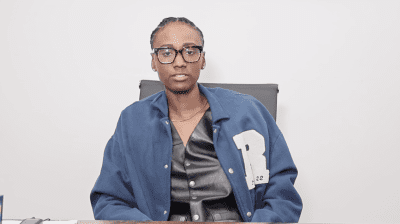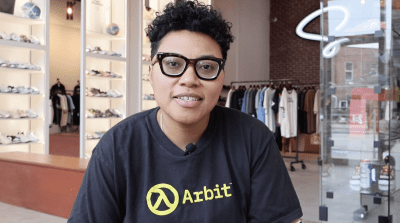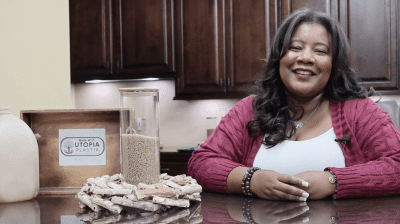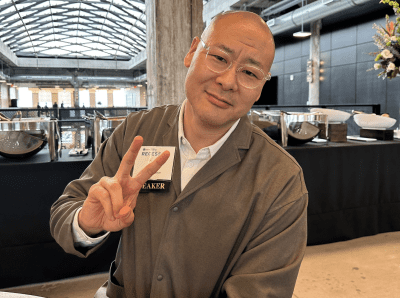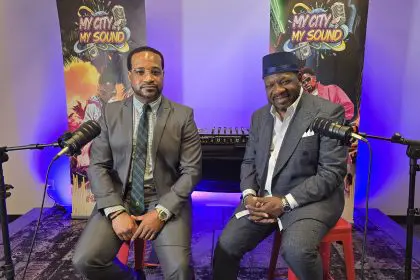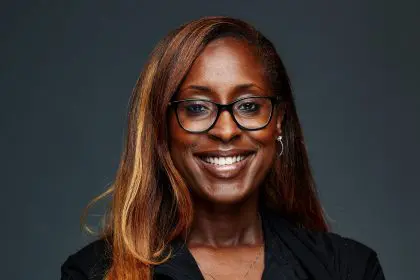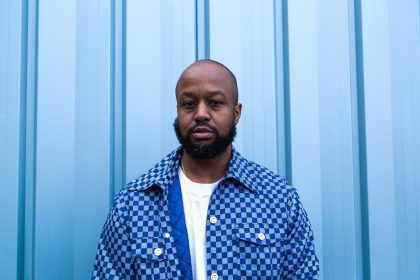Since he was a teenager, Kemi Levi has always had the desire to be a founder, which led him to build an app called Plateo, a metaverse-based product focused on providing a space for young social networking users. Through trials and tribulations, Levi took a pivot from Plateo, which inspired him to create Pangia.
Levi spoke with rolling out about being a founder, creating Pangia, and young founders raising money.
When did you know you wanted to be a founder?
I started when I was 14, so I knew early on. I was very young, and I’d probably say I was 13 when I wanted to be a founder. It came from where I grew up, which was partly in South Sudan, Africa. There’s a lot of entrepreneurial spirit in Africa, specifically, and I think I enjoyed seeing that. Coming to America, growing up over here, and seeing how that’s kind of executed was something that I was excited by.
Why did you create Pangia?
I’ve always been captivated by the community. Growing up in Africa, people depend on the community to survive, and over here, the community is a lot less different. I’d say people desire community to make new friends and to be a part of things that they’re interested in. I founded Pangia because I believe that that is the best way to change the way people connect now and remove all the barriers to a connection that’s healthy and long-term, and remove the barriers of entry to that for young adults and all adults who currently use a lot of digital interfaces to accomplish those goals.
What should young founders know about raising money?
The biggest challenge is getting the right partners because a lot of the time, specifically with my first startup, we got bad partners, and they ended up taking the company that I love from me because of the decisions that we were making. The biggest challenge would be knowing who to get behind you, why they want to come behind you, what support they can offer you, and looking deeper than just, “Oh, this is a great check. This is a great source of funding. This is money.” It’s so much deeper than that because after you get the money, there’s so much more that you have to work through.
What are some things you’ve learned as a founder?
Failure is where real founders are made. Failure is where a lot of the lessons that make successful founders are cultivated, and I’m so grateful. [At] the moment, it doesn’t feel very happy, but I’m so grateful that I’ve had the opportunity to have a failure and have something that I could look back on and be like, “Yeah, I did that wrong. I could do this differently.” From user research to fundraising, partners, and all that stuff, false starts and failures are something that founders should look at as amazing opportunities for future success.

